Academic Keynotes
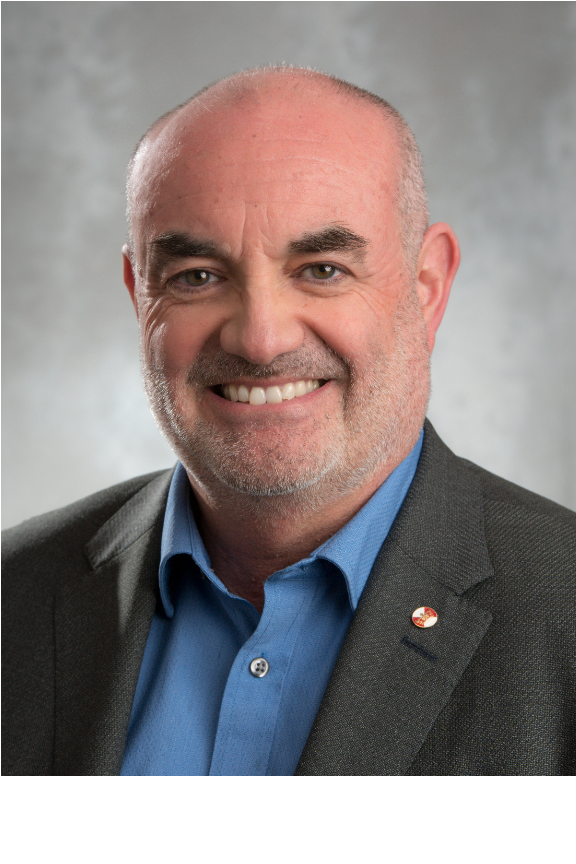
Prof. Claudio Canizares
University of Waterloo, Canada
Title
The Energy Transition in Canada and Ontario
Abstract
This talk will provide an overview of Canadian provincial and remote community power grids, and a more detailed discussion of Ontario’s grid, market, and future expansion plans, considering that zero-emission power systems will be the backbone of the energy transition. A critical overview of the decarbonization status and policies for energy systems in Canada will be also presented, focusing on zero-emission power grid, EV, and Hydrogen plans and strategies to enable a Next-Zero 2050.
Biography
Dr. Claudio Cañizares is a University Professor and the Hydro One Endowed Chair at the Electrical and Computer Engineering (E&CE) Department, and the Executive Director of the Waterloo Institute for Sustainable Energy (WISE) at the University of Waterloo, where he has held various academic and administrative positions since 1993 and has received multiple recognitions, in particular the 2021-2022 Awards of Excellence in Graduate Supervision from both the University and the Faculty of Engineering. He obtained the Electrical Engineer degree from the Escuela Politécnica Nacional (EPN) in Quito-Ecuador in 1984, where he held different academic and administrative positions between 1983 and 1993, and his MSc (1988) and PhD (1991) degrees in Electrical Engineering are from the University of Wisconsin-Madison. His research activities focus on the study of stability, control, optimization, modeling, simulation, and computational issues in bulk power systems, microgrids, and energy systems in the context of net-zero, competitive energy markets, smart grids, and energy access. In these areas, he has led or been an integral part of multiple grants and contracts from government agencies and private companies worth over $92 million dollars, and has collaborated with various industry and university researchers in Canada and abroad, supervising/co-supervising close to 190 research fellows and graduate students. He has authored/co-authored over 380 publications with in excess of 33,300 citations at an 81 H-index, including journal and conference papers, technical reports, book chapters, disclosures, and patents, and has been invited to deliver keynote speeches, seminars, tutorials, and presentations at many prestigious venues worldwide. He is the Editor-In-Chief of the Institute of Electrical & Electronic Engineering (IEEE) Transactions on Smart Grid since 2020; the 2022-2023 IEEE Division VII Director of the IEEE and Power & Energy Society (PES) Boards; and a Fellow of the IEEE, a Fellow of the Canadian Academy of Engineering, a Fellow of the Royal Society of Canada, where he was the Director of the Applied Science and Engineering Division of the Academy of Science from 2017 to 2020, and a Foreign Fellow of the Chinese Society for Electrical Engineering. He is also the recipient of the 2017 IEEE PES Outstanding Power Engineering Educator Award, the 2016 IEEE Canada Electric Power Medal, and of multiple IEEE PES awards and recognitions, holding leadership positions in several IEEE and PES Committees, Working Groups, and Task Forces.
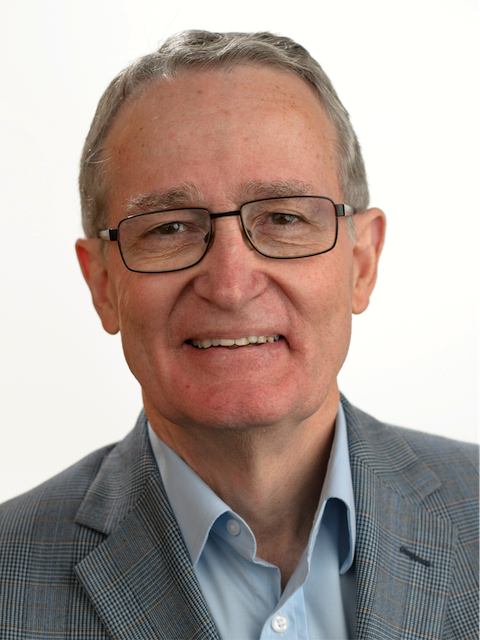
Prof. David Hill
Monash University, Australia
Title
Energy transition system engineering
Abstract
The talk will give a view of the Australian energy transition through the lens of a systems engineer with an international outlook over several decades of research, but also one with insights obtained from consulting including in recent years about the status of the Australian NEM. The aim is to present the energy transition as based on a nation building engineering project of unprecedented complexity that has an unacceptable level of risk of failing to meet declared goals in emissions, prices and reliability without more proactive action on systemic aspects including revised regulation, more coordination, vastly improved skills capacity, many research issues (across climate, technology to consumers). Particular mention will be made about the potential for more timely and better optimised grid resources. Further, a major contribution could be made with higher level use of systems engineering and related sciences to give evidence-based advise into the various decision processes making sure the future energy system actually delivers on the stated goals.
Biography
David J. Hill holds the position of Professor of Electrical Power and Energy Systems at Monash University, Melbourne, Australia. He is also Professor Emeritus at The University of Sydney where he was Foundation Director of the Centre for Future Energy Networks.
Professor Hill is an elected Fellow of the IEEE, SIAM and IFAC professional societies and four learned academies in Australia, Sweden and Hong Kong. He has received numerous international awards for his research in control and power and energy systems.
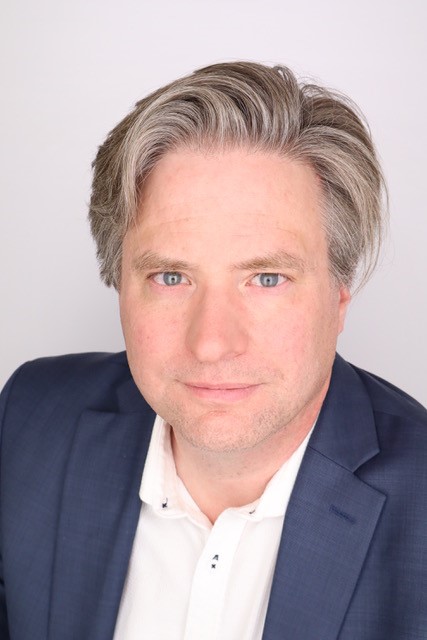
Prof. Bill Rosehart
University of Calgary, Canada
Title
Integrating Active Learning to Elevate Student Experiences and Learning Outcomes in Power Engineering Curriculum
Abstract
Most engineering courses are structured with separate lecture, laboratory, and tutorial components. However, it is widely recognized that students learn at different paces and benefit significantly from hands-on experiences. Traditional lecture formats, even with the most engaging instructors, often leave many students struggling to keep up or becoming disengaged. Tutorial and laboratory sessions can provide valuable guided learning, but only if students have adequately absorbed the lecture material.
Based on feedback from graduating students, an active learning approach, named Integrated Learning System (ILS) was introduced in one semester of the electrical engineering program at the University of Calgary. Due to its success, ILS was subsequently incorporated into first-year courses. In ILS, lectures, tutorials, and laboratory experiences are not scheduled separately; instead, they are delivered in a manner that best supports student learning and accommodates individual learning paces. Additionally, traditional laboratories are, when possible, replaced with design projects, encouraging students to transition from merely following instructions to designing, building, and operating engineering components, thereby enhancing their learning experience.
This session will focus on the development of an ILS and Design based approach for power engineering curriculum, from introductory courses to final senior year electives. Framed for power engineering curriculum, challenges and their potential solutions are explored.
Biography
After nearly a decade as dean of the Schulich School of Engineering, Dr. Bill Rosehart’s leadership has changed engineering at UCalgary. For more than 20 years, Dr. Rosehart has been a passionate advocate for engineering education and research. In March 2014, he was appointed dean of the Schulich School of Engineering after serving as interim dean for almost a year. He was previously head of the Department of Electrical and Computer Engineering.
Under his leadership, the Schulich School of Engineering launched several new programs, including Sustainable Systems Engineering and Engineering Physics. The school has welcomed record numbers of engineering students, greatly increased student retention rates and supported faculty to secure more federal funding for high impact collaborative research.
During his tenure as dean, the Schulich School of Engineering opened the new Canadian Natural Resources Limited Engineering Complex, transforming some of the oldest buildings on campus into a cohesive home for engineering.
Dr. Rosehart is registered as a Professional Engineer through the Association of Professional Engineers and Geoscientists of Alberta. He was also a founding member of the Canadian Engineering Education Association and has been inducted as a Fellow into the Canadian Academy of Engineering, the Canadian Society of Senior Engineers, and the Engineering Institute of Canada for his commitment to innovation in teaching and learning. He is a well-established researcher in electrical energy engineering and has published over 100 scholarly articles and supervised or co-supervised over 25 graduate students.
Industry Keynotes
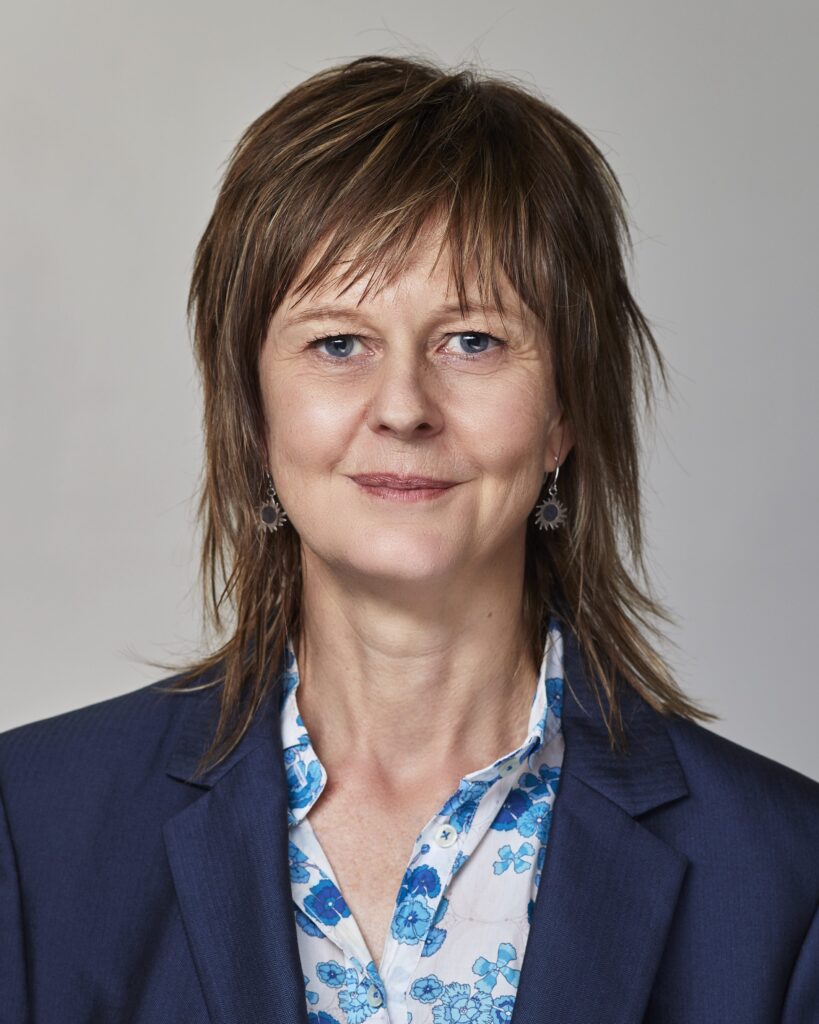
Dr Gabrielle Kuiper
Australia
Title
Faster, cheaper decarbonisation through integrating Distributed Energy Resources (DER)
Abstract
While Australia has more rooftop solar per capita than any other nation, engineering and regulation lags mean the potential for Distributed Energy Resources to assist the energy transition has yet to be fulfilled. This talk will outline the $19billion in energy system benefits from DER integration that could be unlocked by 2040 and what needs to happen to achieve these benefits. Regulation and power engineering need to work jointly to ensure dynamic operating envelopes/flexible exports are rolled out across the NEM and WEM; distribution network voltages are within regulated limits; DER are able to provide distribution network services and household and commercial appliances are able to provide much greater flexible demand capacity. Engineers have a vital role to both make the changes to the operation of the distribution network to support DER integration and to inform policy makers to ensure Australia can meet its target of 82% renewable supply by 2030.
Biography
Dr Gabrielle Kuiper is an energy, sustainability and climate change professional with over 20 years’ experience in the corporate world, government and non-government organisations and academia. Dr Kuiper has held senior executive or senior advisory energy-related positions at the Energy Security Board, in the Office of the Prime Minister, at the Public Interest Advocacy Centre (PIAC) and in the NSW Government. Dr Kuiper currently works internationally and in Australia on policy and regulation to support Distributed Energy Resources (DER), including as a guest contributor with the Institute for Energy Economics and Financial Analysis (IEEFA).

Dr Alex Wonhas
Australia
Title
Engineering solutions and skills required to accelerate Australia’s energy transition
Abstract
Australia’s energy transition is not progressing fast enough to meet legislated targets and ensure a smooth, orderly retirement of coal generators while enabling industry electrification to drive a new era of growth and prosperity. This talk will explore the key obstacles currently hindering this transition. While some of these challenges are power system engineering challenges, many others lie outside traditional engineering domains. However engineers can and must play a vital role in overcoming these broader barriers. To do so effectively, they need a diverse set of interdisciplinary skills, including stakeholder engagement, communication, commercial acumen, project management, and leadership. Through real world examples from Australia’s energy transition, this talk will demonstrate how engineers with a solid technical foundation and these broader skills can accelerate the transition, contributing to a sustainable, prosperous, and community-supported energy future.
Biography
Alex is one of Australia’s leading energy experts and passionate about enabling a smooth energy transition for Australia. He is the CEO of Ampyr Australia, a renewable energy company delivering 2.5 GW of large-scale and distributed energy storage solutions. He is also on the Board of the Energy Corporation of NSW, which is delivering NSW’s Renewable Energy Zones. Prior to his current roles, Alex oversaw the development of the previous Integrated System Plans (ISP) as EGM System Design at the Australian Energy Market Operator (AEMO). Prior to his role at AEMO, Alex held a number of senior executive roles at the CSIRO and at Aurecon, an international engineering firm.
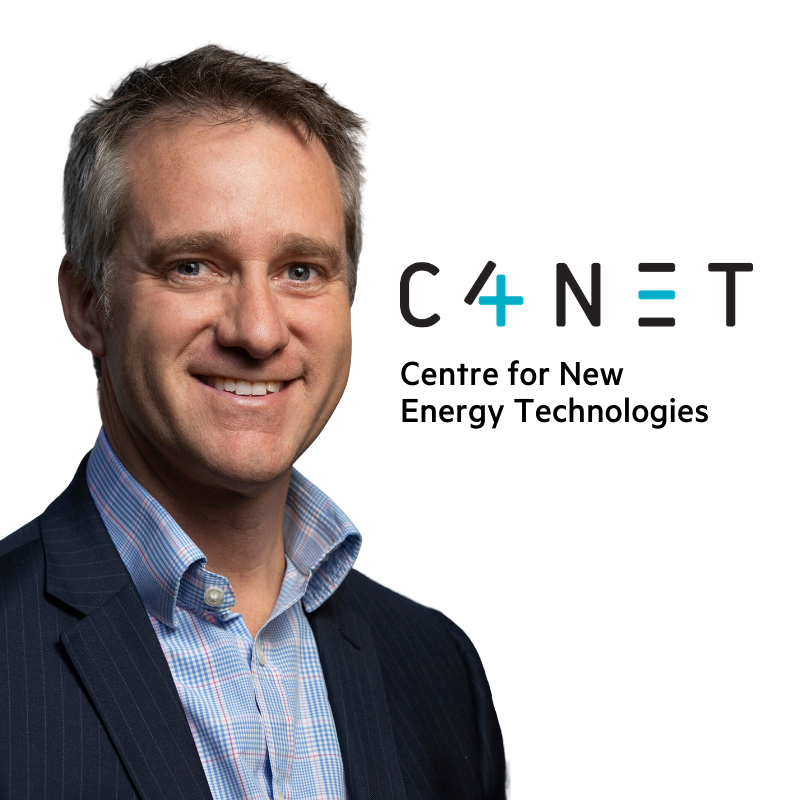
Dr James Seymour
C4NET, Australia
Title
Evolving long-term system planning for the Australian Energy system – incorporation of distribution network considerations.
Abstract
The Australian energy sector benefits from having a long-term integrated system plan (ISP). The ISP is developed by AEMO and updated every two years in a well-honed, highly collaborative process. To date, the ISP has been primarily focused on investment in new transmission, large-utility generation and storage across the NEM. As technology evolves, electrification increases and CER/DER become ubiquitous, distribution system investment, operation, and optimisation become critical issues that need to be included within a more whole-of-system approach to integrated system planning. C4NET has led a consortium of universities, CRCs, industry, governments and AEMO in taking the first pass at developing methodological approaches to addressing this gap. James will share insights on the problem at hand, the need for incorporation of distribution system elements, the approach taken and early findings.
Biography
James has worked across the energy sector for over 20 years, with roles across solar manufacturing and technology development, retail and distribution businesses. James currently leads the Centre for New Energy Technologies (“C4NET”). The Centre is supported by distribution businesses, governments, universities and AEMO to conduct industry-led, data-enabled collaborative research into the complex sector-wide challenges of the energy transition. Among its portfolio, the Centre is leading the first-of-a-kind Enhanced System Planning project looking at the methodological frameworks required to underpin consideration of distribution system elements in long-term whole-of-system planning approaches.




